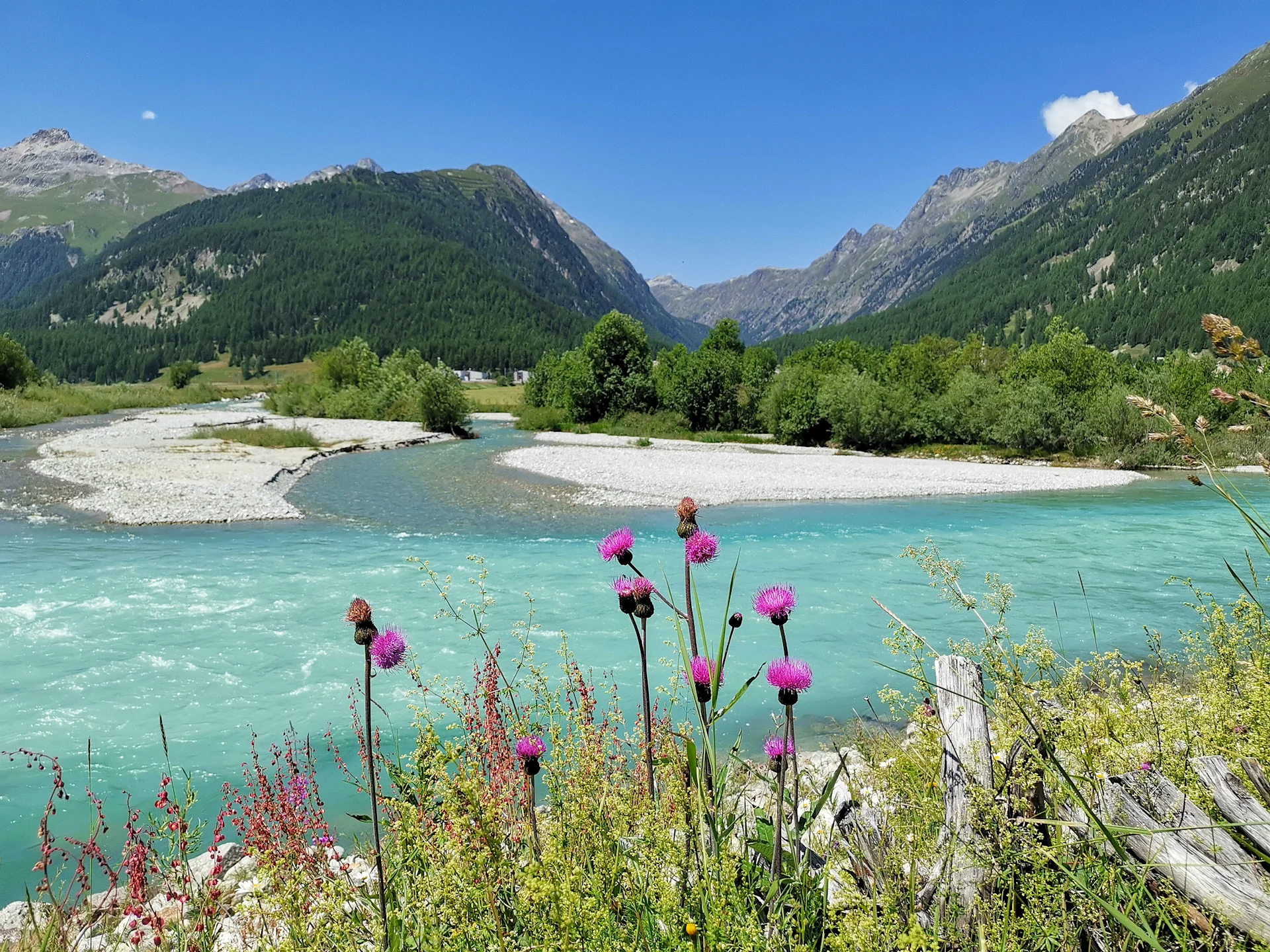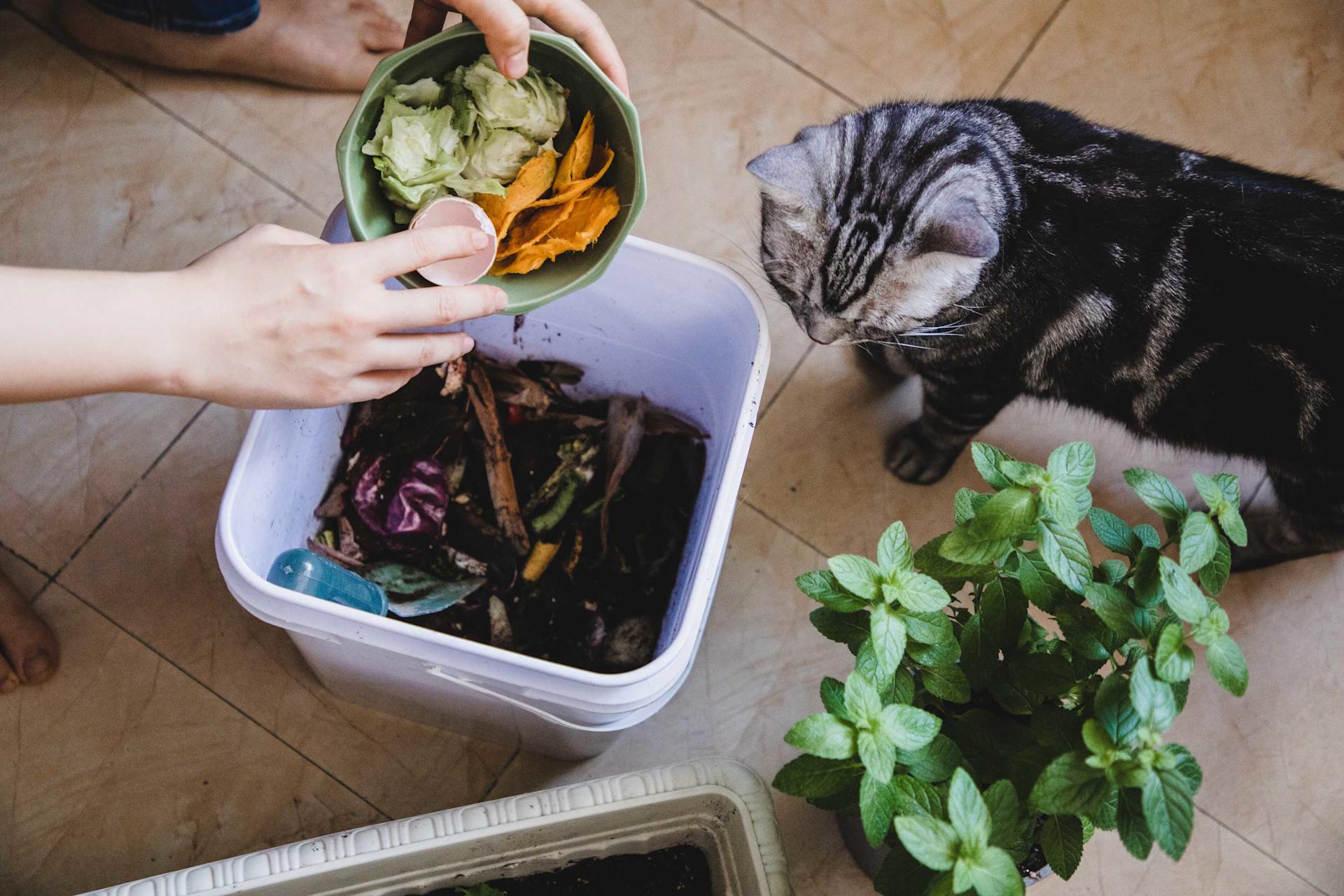
Biodiversity
Back to nature
The example of Bever shows the benefits of renaturation the floodplains. We also present four day trip destinations.
navigation

Sustainability
From cheese rind and chicken bones to cat litter – we explain exactly what can’t go in the compost heap.
Your compost heap can take a lot of things: it can absorb kitchen waste, wilted flowers and coffee dregs, turning it all into fertile garden soil over time. However, you shouldn’t add meat, fish or leftover cheese, as they produce unpleasant odours. “This kind of waste can also attract mice, rats or foxes to the garden”, explains Christian Henle, Head of the Swiss Compost Forum association.
Even if you’ve had a vegetarian lunch, such as a vegetable stew, you shouldn’t throw the leftovers into the compost afterwards. “The salt that’s often contained in cooked food is a problem”, reveals the expert Henle. “If it gets into the garden soil, it can damage the plant roots and hinder growth”.
The skins of tropical fruits decompose very slowly in our climate which means they’re not ideal. If you really want to add them to your compost, the peel has to be chopped up finely and mixed with other green waste.
Plant leaves are usually very good for compost. However, caution is advised with chestnut, walnut or oak leaves, as they contain tannins that can inhibit growth in a vegetable patch, for example.
It’s very damp and can rot. That’s why freshly cut grass should always be allowed to dry out a little before putting it on the compost heap.
Old newspapers and leaflets should be put in the waste paper collection. At a push, very small amounts of newspaper that are ripped up and dampened in advance can be added to the compost. Coloured glossy paper is an absolute no-no.
Burnt charcoal contains traces of heavy metals. If ash is regularly added to the compost pile, these harmful substances can build up over time and contaminate the soil.
Cat litter usually consists of clay minerals, and sometimes also plant fibres. While that’s not a problem in itself, cat urine and faeces smell very badly so you shouldn’t really empty the litter box into the compost.
The Federal Council has imposed a strict ban on some alien plants, i.e. neophytes. As such plants pose a serious threat to native biodiversity, there’s no room for them: they must be uprooted from the garden and disposed of. However, they shouldn’t be thrown into the compost heap, as their seeds could then still be released into the environment. These neophytes should be put into normal refuse sacks which are then incinerated.
Particularly harmful plants include giant hogweed, Japanese hops, Himalayan balsam, ragweed, Syrian milkweed, Asiatic bittersweet and swamp stonecrop.
Promoting biodiversity: we can't do it on our own. Play your part now and protect Switzerland's biodiversity together with us!